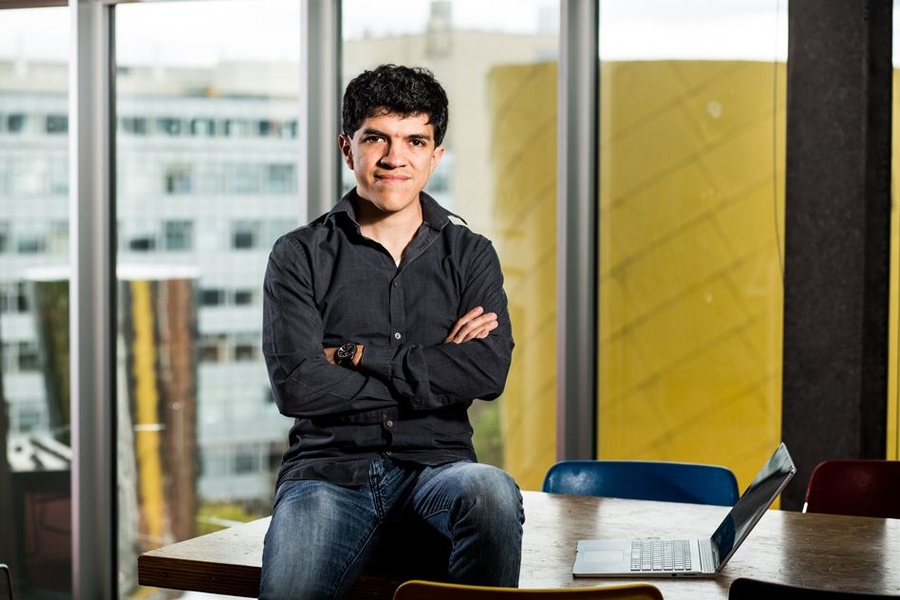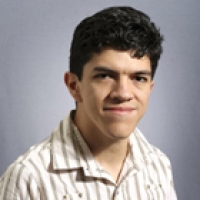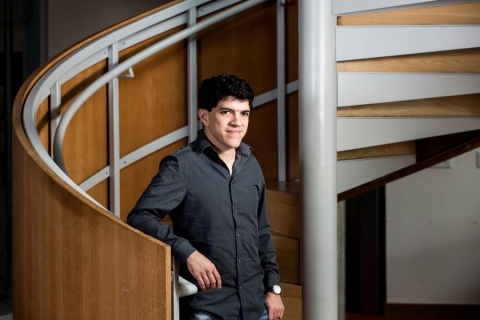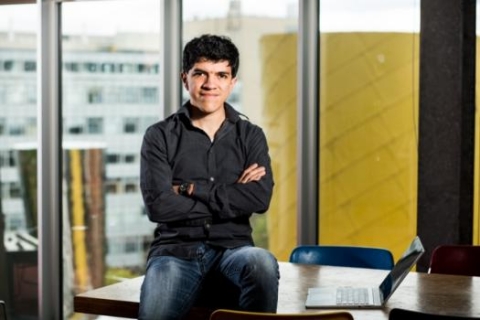Armando Solar-Lezama, Distinguished Professor of Computing at the MIT Schwarzman College of Computing and Associate Director and Chief Operating Officer of CSAIL, recently received the Robin Milner Young Researcher Award for his research in programming languages. The ACM Special Interest Group on Programming Languages (SIGPLAN) honored Solar-Lezama’s efforts to reignite the field of program synthesis, which concerns the automatic generation of computer programs.
The Robin Milner Young Researcher Award is awarded annually to a researcher making impactful contributions to programming languages within the first twenty years of their career. This year, Solar-Lezama was credited with developing fundamental ideas and synthesis techniques while demonstrating applications in domains ranging from databases to computer-aided design (CAD). The award also recognized his contributions to neurosymbolic learning and the intersection of programming languages and machine learning (PLML).
Solar-Lezama began focusing on program synthesis while pursuing a PhD in computer science from the University of California, Berkeley, and graduated in 2008. His thesis project “Sketch,” a programming language that approaches synthesis as a search problem, set the “template for subsequent program synthesis approaches” according to ACM SIGPLAN.
Solar-Lezama joined MIT in 2008, where he started the Computer Aided Programming group, which he still leads. In addition to developing foundational techniques for program synthesis, the group became well known for demonstrating applications of the technology beyond software development. Over the years, the group has demonstrated applications ranging from computer-aided education to linguistics, establishing program synthesis as an important computational tool.
Most recently, the group has been exploring how combinations of machine learning and symbolic reasoning can generate programs more effectively. His group did early work on the use of language models to generate code. Most recently, they developed DreamCoder, which can solve progressively harder synthesis problems by learning to abstract common patterns into high-level components that can be reused when solving new problems.
In addition to producing better algorithms for automated programming, his group has shown how the combination of program synthesis and machine learning can lead to better learning algorithms. His group has developed a set of algorithms for neurosymbolic programming, which are able to learn models that are more interpretable, that generalize better to unseen inputs, and that support better counterfactual reasoning. Solar-Lezama currently leads a multi-institution National Science Foundation-funded Expeditions project that is working to apply these techniques to support scientific discovery.
Solar-Lezama’s group has earned numerous awards including a distinguished paper award at ICFP 2020, a best paper award at HSCC 2021, an outstanding paper award at EMNLP 2023, and best paper awards at CIDR 2013 and SOSP 2013. He was also named a Distinguished Former Student of Texas A&M University's Department of Computer Science and Engineering where he was an undergraduate.



